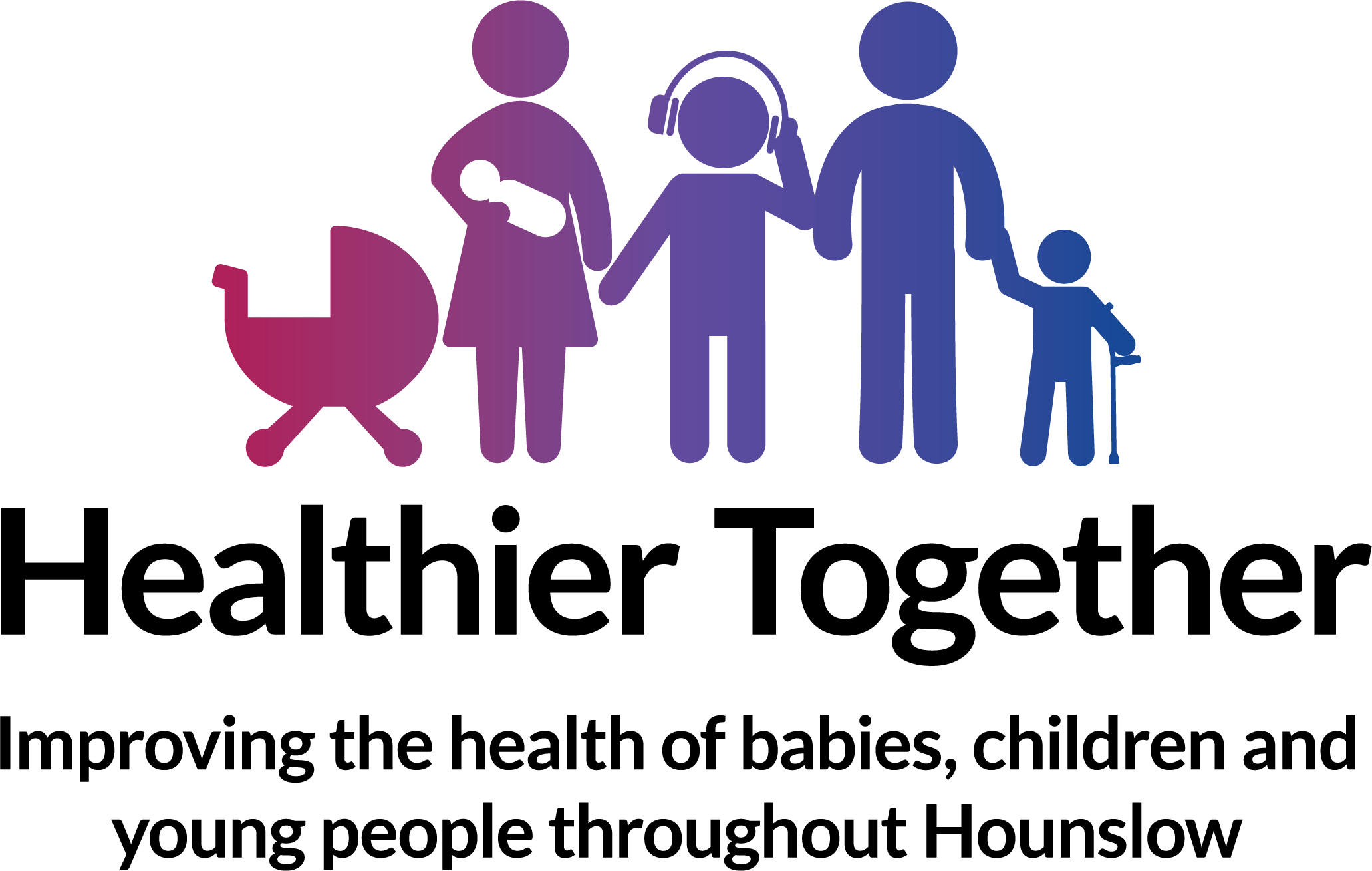It's recommended that babies up to 3 months get 14-17 hours of sleep per day (24 hour period). This includes daytime naps.
Younger infants up to 6 months tend to sleep on and off around the clock, waking every 1–3 hours to eat. As they near 4 months of age, sleep rhythms become more set. Most babies sleep 9–12 hours at night, usually with an interruption for feeding, and have 2–3 daytime naps lasting about 30 minutes to 2 hours each.
Is it normal for babies to wake at night?
- Yes. It is normal for babies to wake during the night. Some babies sleep much more than others. Some sleep for long periods, others in short bursts. Some soon sleep through the night, some don't for a long time. Your baby will have their own pattern of waking and sleeping, and it's unlikely to be the same as other babies you know.
- It may help to remember that all babies over 5 months of age wake 4-6 times during the night, as they come to the end of each sleep cycle. This is normal, and also occurs with older children and adults. It's the falling back to sleep that can be difficult.
Do babies and young children automatically fall into a good sleeping pattern?
- No. All babies and children need to be supported to develop a good sleep routine and good sleeping habits. It is a process that will take time and can’t be achieved in a few days. This can be a struggle, especially when you are sleep deprived and feel constantly tired yourself. All babies are different and will start sleeping through at different times. There also needs to be a degree of flexibility around sleep routines.
What routines and habits promote good sleep
- Fortunately, there are many practical ways to develop and improve your child’s sleeping routine and habits. Tips for newborns are below.
Newborns (0-3 months)
- For newborns, sleep during the early months occurs around the clock and the sleep-wake cycle is driven by the need to be fed, changed and given attention.
- Newborns sleep a total of 14 to 17 hours across a 24 hour period, on an irregular schedule with periods of one to three hours spent awake. The sleep period may last a few minutes to several hours. During sleep, they are often active, twitching their arms and legs, smiling, sucking and generally appearing restless.
- Newborns express their need to sleep in different ways. Some fuss, cry or rub their eyes.
- It is best to put babies down to sleep when they are drowsy, but not asleep. They are more likely to fall asleep quickly and eventually learn how to get themselves to sleep.
Newborns can be encouraged to sleep less during the day by exposing them to light and noise, and by playing more with them in the daytime. As evening approaches, the environment can be quieter and lighting dimmer with less activity.
Sleep tips for newborns:
- Observe newborn’s sleep patterns and identify signs of sleepiness.
- Put newborn in a cot or Moses basket (even during the day) when they are drowsy, and not asleep, to encourage self-settling.
- Encourage night time sleep; as evening approaches try to make the environment quieter and lighting dimmer with less activity.
All babies cry and it can be upsetting and frustrating. Not every baby is easy to calm but that doesn’t mean you are doing anything wrong. For tips on infant crying and how to cope see ICON and/or talk to your health visitor.
Safer sleep tips:
- Simple steps can be taken to ensure that your baby sleeps in a safe environment, which will reduce the risk of sudden infant death syndrome (SIDS), commonly known as cot death. Following these Every Sleep Counts tips can give you the peace of mind to enjoy this special time.
- This advice is based on strong scientific evidence and should be followed for all sleep periods, not just at night.
- The safest place for babies to sleep is close to their parents’ bed but in their own bed in the same room for at least the first six months
- Never co-sleep on a sofa/armchair
- Never co-sleep if you have smoked or have used alcohol, medication or drugs
- Put babies on their back for every sleep
- Maintain a clear and flat sleep space
- Keep babies smoke free day and night
- Support breastfeeding
Click here for more information about safe sleep and co-sleeping advice
Daytime naps advice:
- Daytime naps provide much needed downtime that aids the important physical and mental development that happens in early childhood
- They help keep babies and young children from becoming overtired, which can affect their moods and make it harder for them to fall asleep at night.
- They also give parents a break during the day and time to tackle household chores or just unwind.
There's no single rule about how much daytime sleep kids need. It depends on their age, the child, and the sleep kids need. It depends on their age, the child and the sleep total during a 24-hour period. For example, one toddley may sleep 13 hours at night with only some daytime catnapping, while another gets 9 hours at night but takes a solid 2-hour nap each afternoon. If your child is napping 'on the go' (for example in the car) try to ensure that this is balanced by daytime sleep in their own bed at home so that they get good quality daytime sleep over the course of a week.




